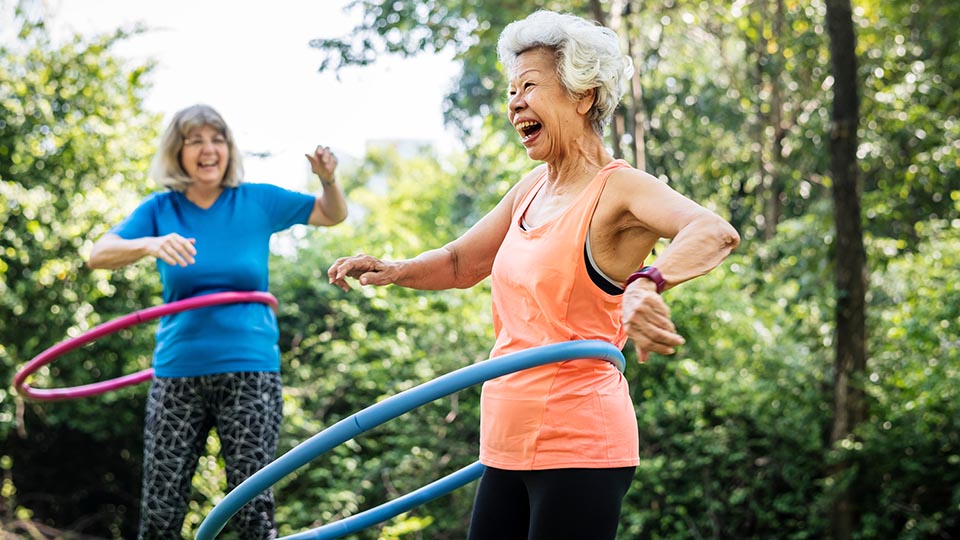The World Health Organisation recommends adults complete at least 150-300 minutes of moderate-intensity aerobic activity per week or 75-150 minutes of vigorous activity, or a mix of both. But meeting these goals consistently can be hard for several different reasons.
So, what helps people stick with physical activity over time?
To explore this, we conducted a systematic review of 68 qualitative studies involving adults from 14 countries (mostly the UK and USA). These studies collected personal stories from people 18 to 99 years, though most were over 40, including individuals with and without long-term health conditions.
Things that help people stay active
From this rich dataset, the researchers identified six key themes that shape how people maintain regular physical activity:
- Having others that support you to be physically active and that you are accountable to.
- Convenient and affordable options for physical activity that are accessible in all weathers.
- Recognising the benefits of physical activity, such as managing health conditions, preventing age-related decline or boosting mental health and wellbeing.
- Making it work – strategies such as building flexibility into routines and prioritising exercise, setting goals and monitoring activity.
- Forming the habit formation of regular activity as part of daily life, like brushing your teeth.
- Finding physical activity that you enjoy and making it part of your identity “I am a physically active person.”
Different needs, different experiences
The review also revealed that people with and without long-term health conditions may have very different experiences of maintaining physical activity. For example, the importance of social support, particularly in the form of exercising with others, was more commonly discussed by people without known health conditions. In contrast, those managing a health condition often placed more emphasis on the health benefits of staying active, describing it as essential for maintaining their wellbeing or preventing further deterioration.
Why this matters
These insights are especially relevant for health professionals, physical activity promoters, policymakers, and caregivers who support adults aiming to maintain an active lifestyle. The findings offer valuable insight into how people may experience and sustain physical activity over time.
They also reinforce what behavioural science has long suggested: that maintaining behaviour over time is influenced by a mix of motivation, self-regulation, available resources, habits, and both environmental and social factors.
Looking Ahead
Looking to the future, physical activity interventions could be more effective if they help people build flexibility into their routines, reflect on the long-term benefits of staying active, and strengthen their sense of identity as active individuals. Supporting these psychological and environmental processes may be key to helping more people sustain an active lifestyle – not just for a few weeks or months, but for the long run.
NIHR Research Intern
